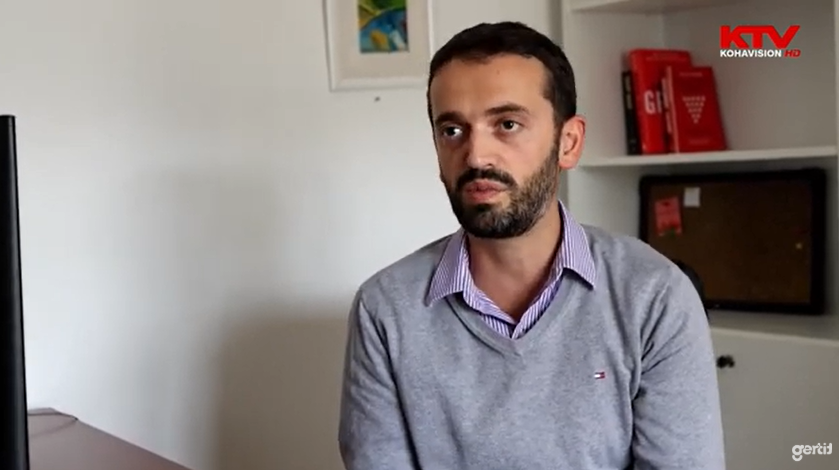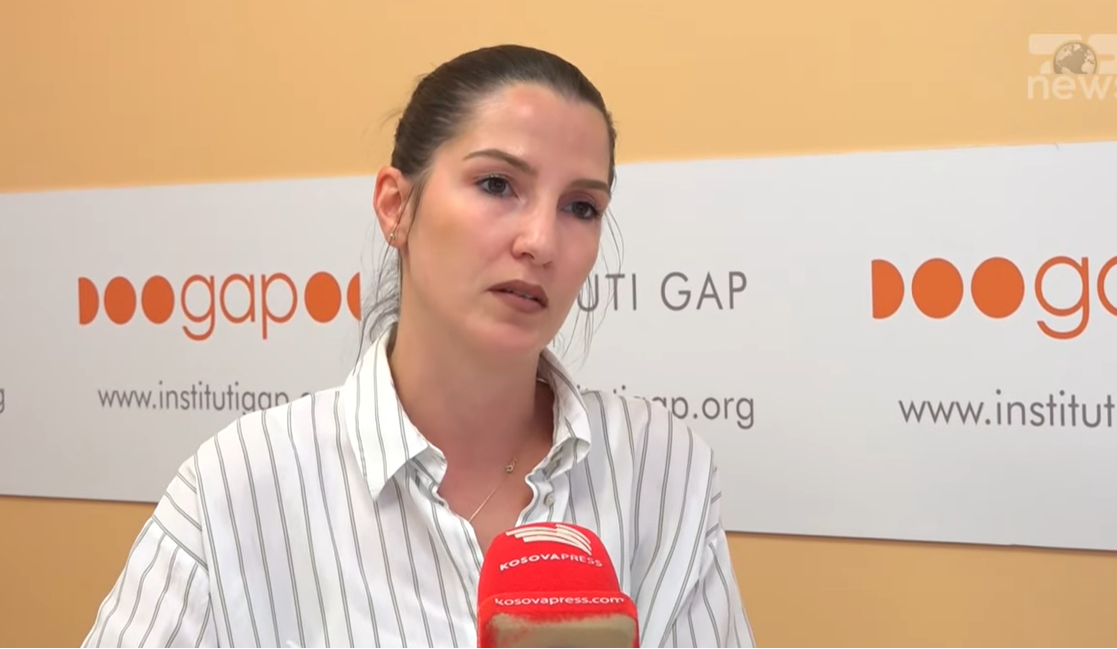The Law on the Government: 15 years in the making
07/03/2022.png)
Today, GAP Institute published a new report entitled “The Law on the Government: 15 years in the making”. Since 2008, the Draft-law on the Government has been approved three times by the Government and read twice by the Assembly of Kosovo but has never become a law. The reasons why various governments tried to pass a special Law on the Government come from Article 92.2 of the Constitution of Kosovo, which states that “The Government of Kosovo exercises the executive power in compliance with the Constitution and the law,” as well as from the constant pressure by the civil society to limit the number of ministries.
In this policy brief, GAP Institute will provide a short historical background of efforts to pass a Law on the Government, the content of such draft laws, and the legal dilemmas in determining the number of ministerial posts by law.
The draft Law on the Government, which was approved at the end of 2021 and submitted to the Assembly, largely repeats provisions of the Regulation on Areas of Administrative Responsibilities of the Office of the Prime Minister and Ministries, as well as of the Constitution of Kosovo. However, one of the new initiatives introduced in the current Draft-law is the incorporation of obligations arising from the Law on Gender Equality, and equal representation of women and men in ministerial positions. Currently, women are in charge of 33% of the ministries and hold 23% of deputy ministerial posts.
In this report, GAP Institute has given a number of recommendations that may be considered during the review of the Draft-law in the Assembly. Among other things, GAP recommends that the new law obliges the government that before establishing a new ministry, the government should provide an Explanatory Memorandum justifying the establishment of a new ministry and the benefits it may bring to the country. In addition, the government should conduct a Financial Impact Assessment, including detailed breakdown of the number of deputy ministers, policy advisers, and other cabinet staff, as well as the number of civil servants, wages and other costs that are involved in introducing a new ministry. Furthermore, before establishing a new ministry, the government should hold public hearings with the civil society, as well as formally present arguments to the specific parliamentary committee that will oversee the work of the new ministry.
Please find the full Report by clicking here.
The analysis in Serbian language is available in printed form.
The EU funded project "Innovation for resilient media and citizen engagement" is implemented by: Kosovo 2.0 and GAP Institute.
This publication was produced with the financial support of the European Union. Its contents are the sole responsibility of GAP Institute and Kosovo 2.0 and do not necessarily reflect the views of the European Union.
#gapinstitute #k2.0 #eu















